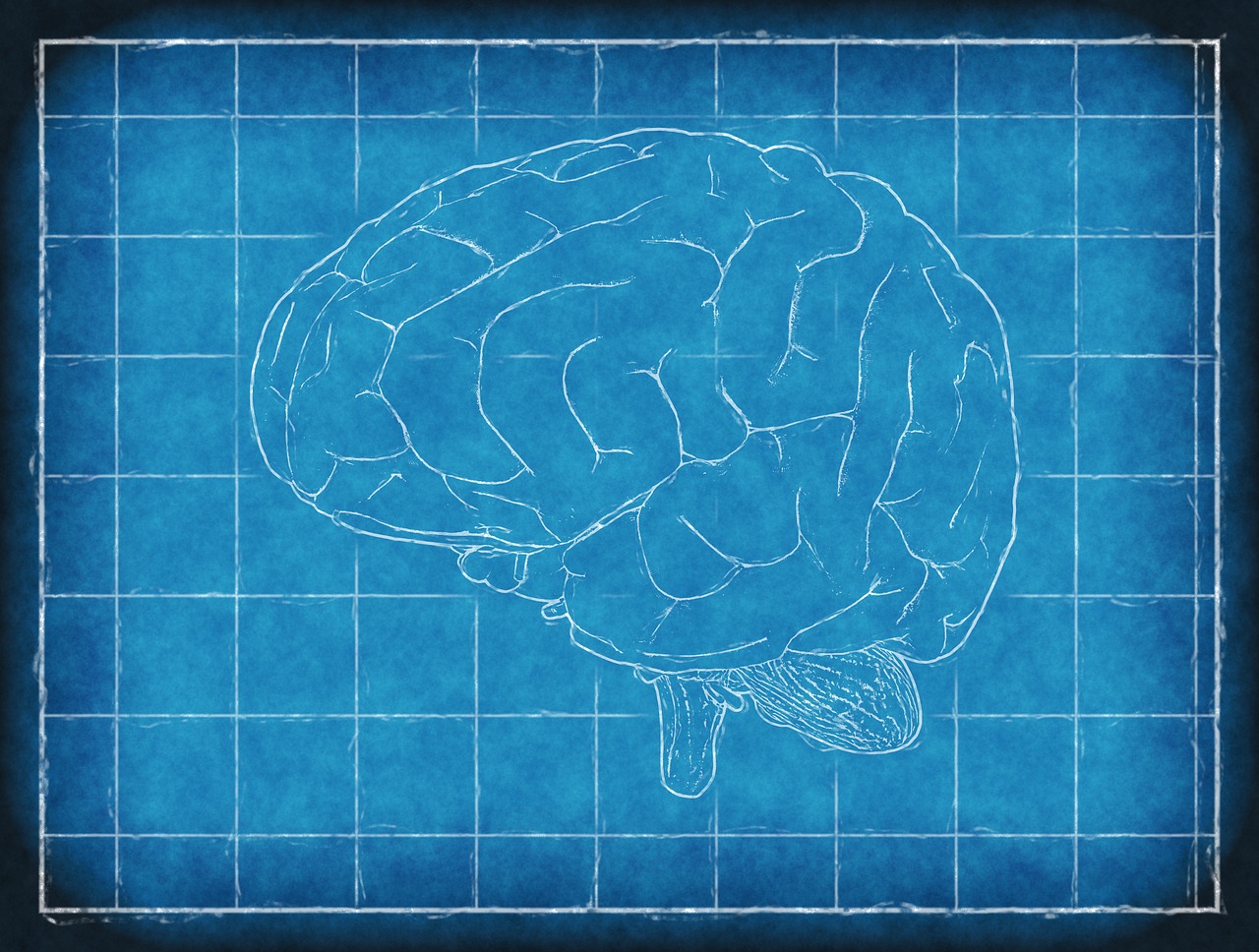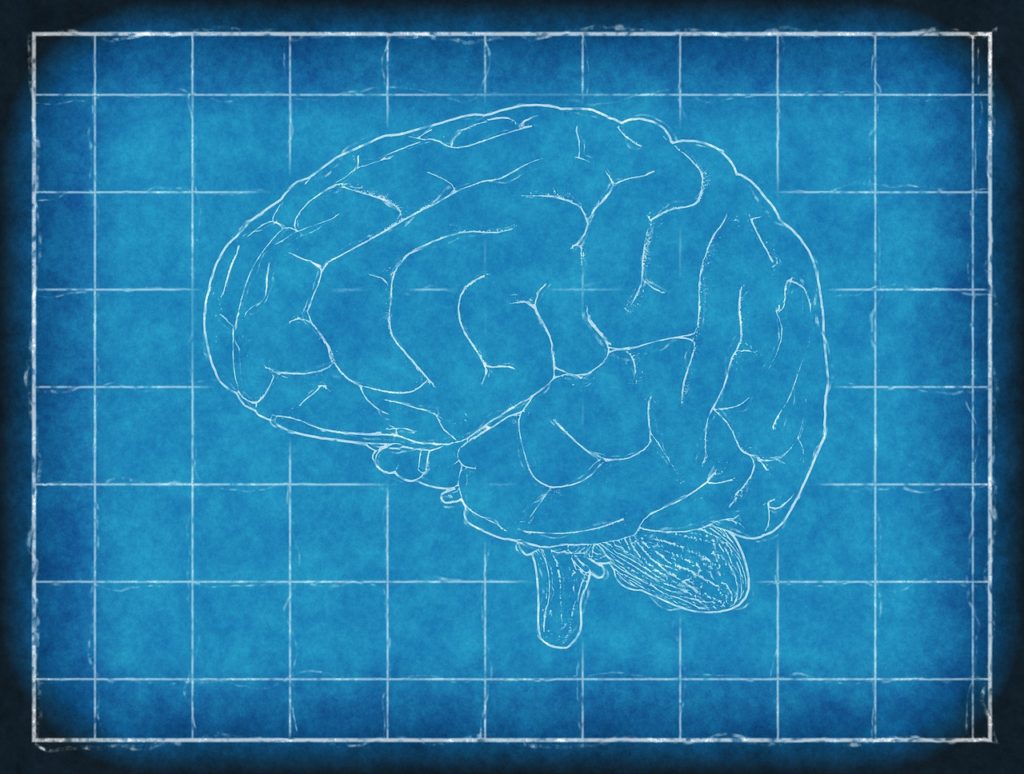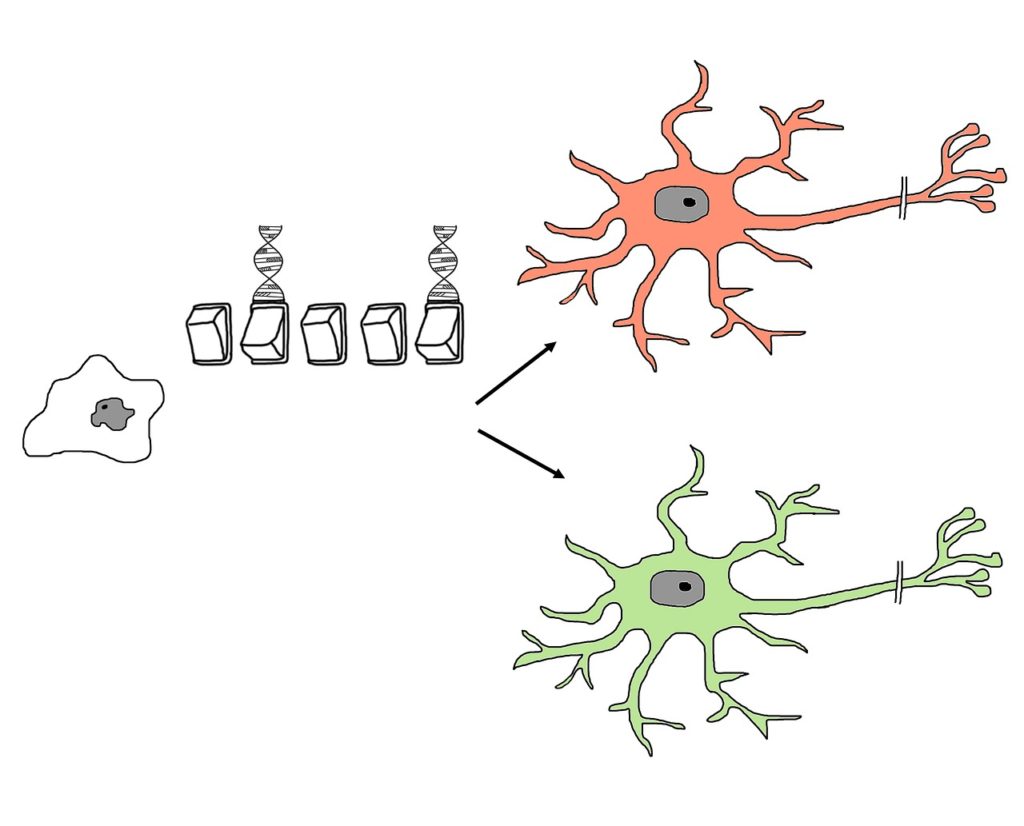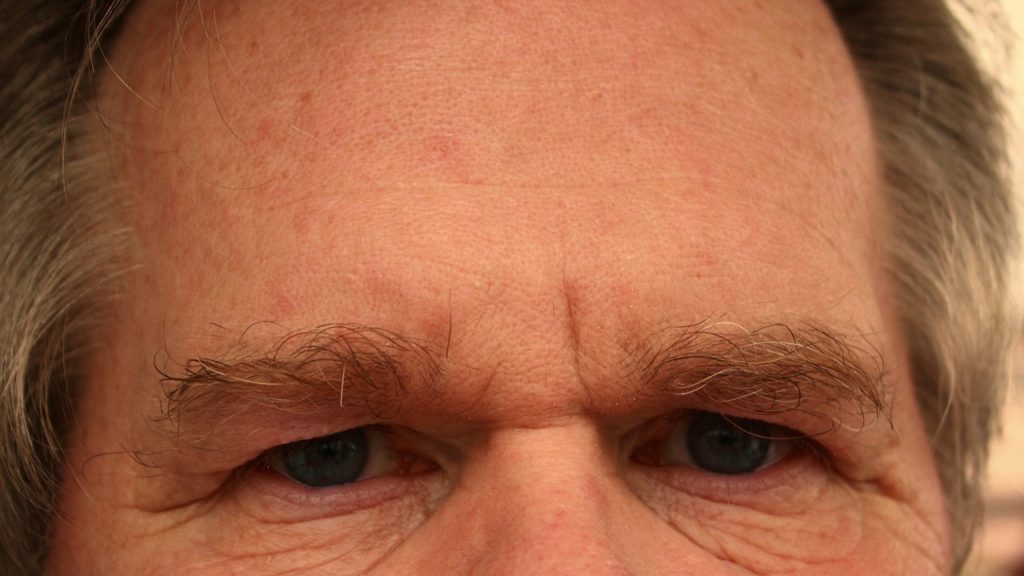
Research Stash Weekly Review #15
- Weekly Review
- 1.5K
Scientists now have evidence Africa is physically splitting into two continents
A large crack, stretching several kilometers, made a sudden appearance recently in south-western Kenya. The tear, which continues to grow, caused part of the Nairobi-Narok highway to collapse and was accompanied by seismic activity in the area Read More
NIH completes the in-depth genomic analysis of 33 cancer types

Researchers funded by the National Institutes of Health have completed a detailed genomic analysis, known as the PanCancer Atlas, on a data set of molecular and clinical information from over 10,000 tumors representing 33 types of cancer Read More
A Brain-Boosting Prosthesis Moves from Rats to Humans

THE SHAPE ON the screen appears only briefly—just long enough for the test subject to commit it to memory Read More
Scientists Have Discovered a New Stem Cell That Could Heal Brain Damage

A newly discovered type of stem cell could help brains repair themselves from injury or even debilitating diseases like Alzheimer’s, according to the latest research Read More
Researchers Found Why Some People Get ‘Skin Orgasms’ From Listening to Music
Have you ever been listening to a great piece of music and felt a chill run up your spine? Or goosebumps tickle your arms and shoulders? Read More
Scientists Identified a Compound in Beets Which Could Slow Alzheimer’s Effects

Betanin, the compound that gives beets their distinctive red color could slow down the effects of Alzheimer’s disease — the world’s leading type of dementia Read More
Researchers Have Found a “Reset Button” for Aging Cells
From revitalizing heartbeats and increasing longevity to removing disorders via gene editing, blood-borne challenges are approached with new solutions as quickly as we can innovate them Read More
A New Drug May Be Able to Completely Reverse Diabetes
Scientists have used a new drug to reverse diabetes in mice. The drug inhibits the enzyme LMPTP, which contributes to the development of Type 2 diabetes by weakening the body’s sensitivity to the hormone Read More
Poor sleep may cause an increase in brain protein linked to Alzheimer’s

A new study shows that sleep deprivation is linked to higher levels of a protein called beta-amyloid—a notorious precursor to Alzheimer’s disease Read More
Scientists have an intriguing new theory about our eyebrows and foreheads

If you were to run into our ancient ancestor Homo heidelbergensis on the street, the first thing you might notice is their small forehead and heavy brow Read More
For the latest Science, Tech news and conversations, follow Research Stash on Twitter, Facebook, and subscribe to our YouTube channel
Did you miss previous weekly reviews? You can read them from here http://bit.ly/2ElAu0w


